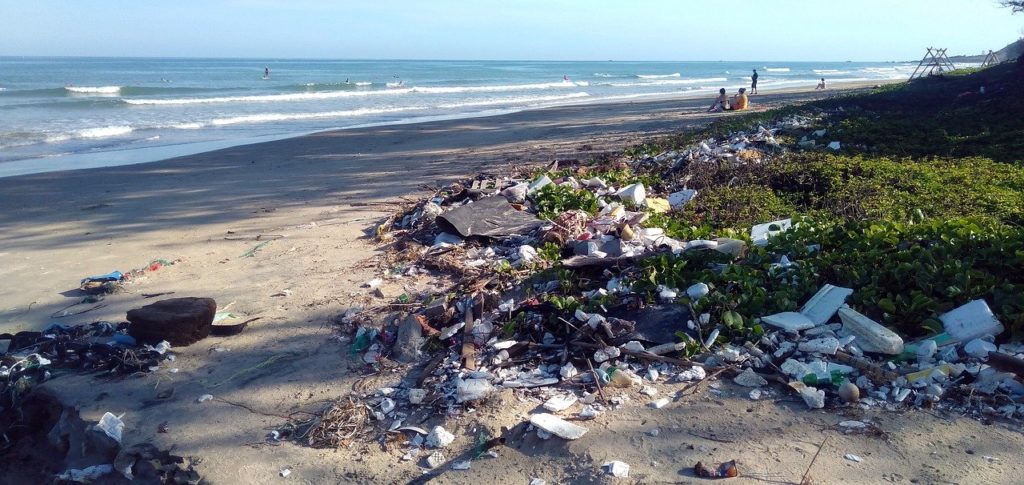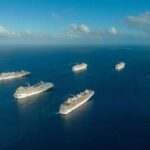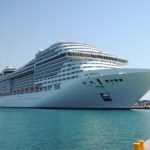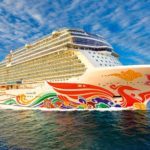
(TAN): Taronga Zoo in Sydney, Australia, and Royal Caribbean International have joined forces on the Litter Free Oceans campaign to raise awareness about the devastating impact litter has on marine life and educate Australians on how to reduce single-use plastic.
The newly formed partnership combines Taronga’s expertise in conservation education with Royal Caribbean’s commitment to healthy oceans and ability to reach ocean lovers of all ages.
The consequences of litter in the oceans are undeniable. Eight million tonnes of plastic waste leaks into the world’s oceans every year, equal to a garbage truck every minute. This is devastating to marine life – half of all marine turtles have eaten plastic and 90% of seabirds have plastic in their stomach.
Taronga Conservation Society Australia – a prominent Australian conservation and education organisation with worldwide recognition – has seen the impact of plastic pollution on marine animals firsthand with over 350 marine turtles admitted to its Wildlife Hospital since 1984, many with illnesses related to ingesting plastic.
[ALSO READ: Delta named best airline for American travellers by USA TODAY]
Director and CEO of Taronga Zoo, Cameron Kerr, said; “Plastic pollution impacts over 700 species, including marine turtles, whales, dolphins and sea lions. The oceans are in dire need of help but often we feel we can’t make a difference by ourselves. Litter Free Oceans shows Australians how small changes can make a big difference in helping our oceans thrive. By partnering with Royal Caribbean, who already has a robust ocean conservation program in place and a formidable network of ocean lovers, we can truly make a difference to the planet.”
Gavin Smith, vice president and managing director, Royal Caribbean International, Australia and New Zealand, said, “We’ve taken major action to reduce single-use plastics across our fleet and have removed 77 million plastic straws from our supply chain, achieving our target in 2018 to be plastic straw free. Our ‘single-use plastic task force’ is continuing to identify ways to further eliminate the single-use plastic on board our ships.”




